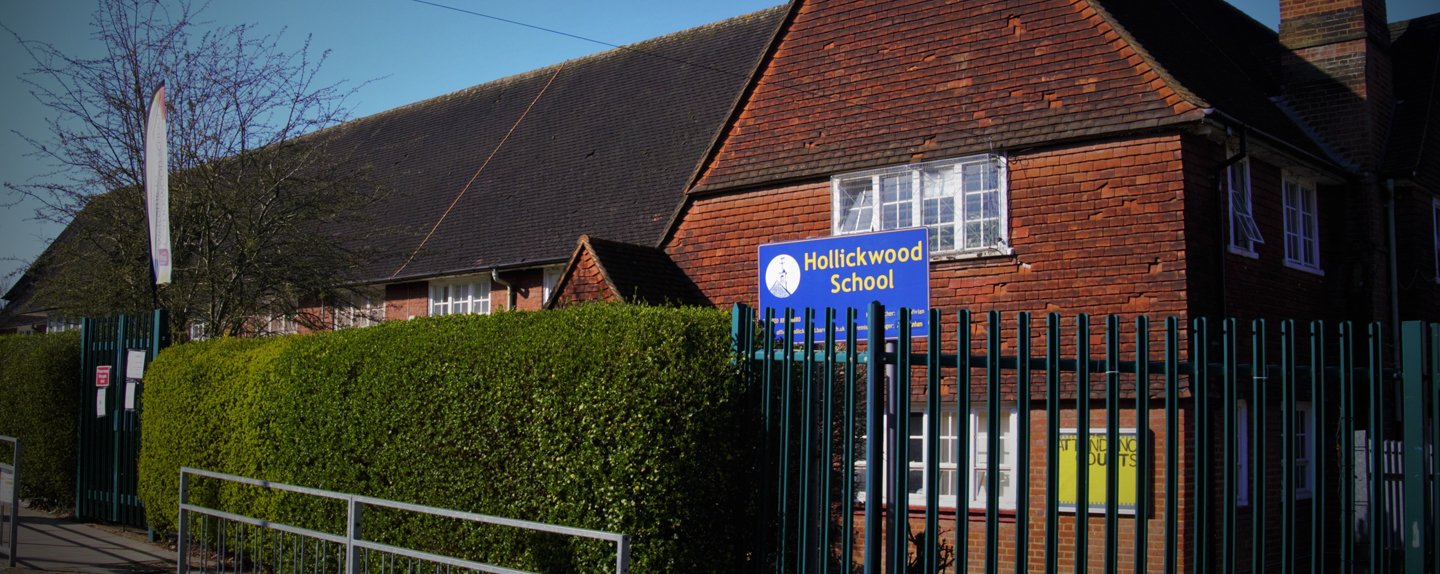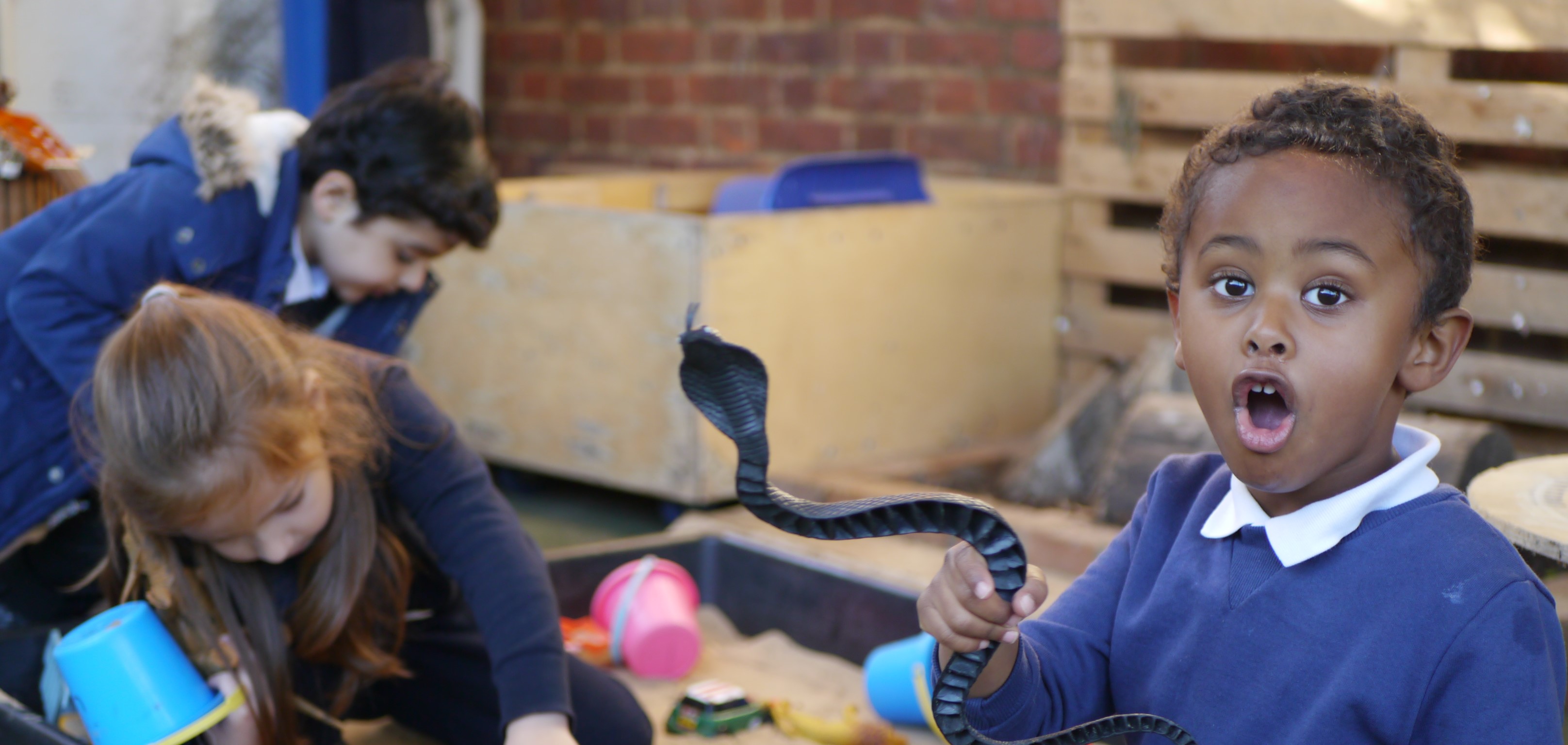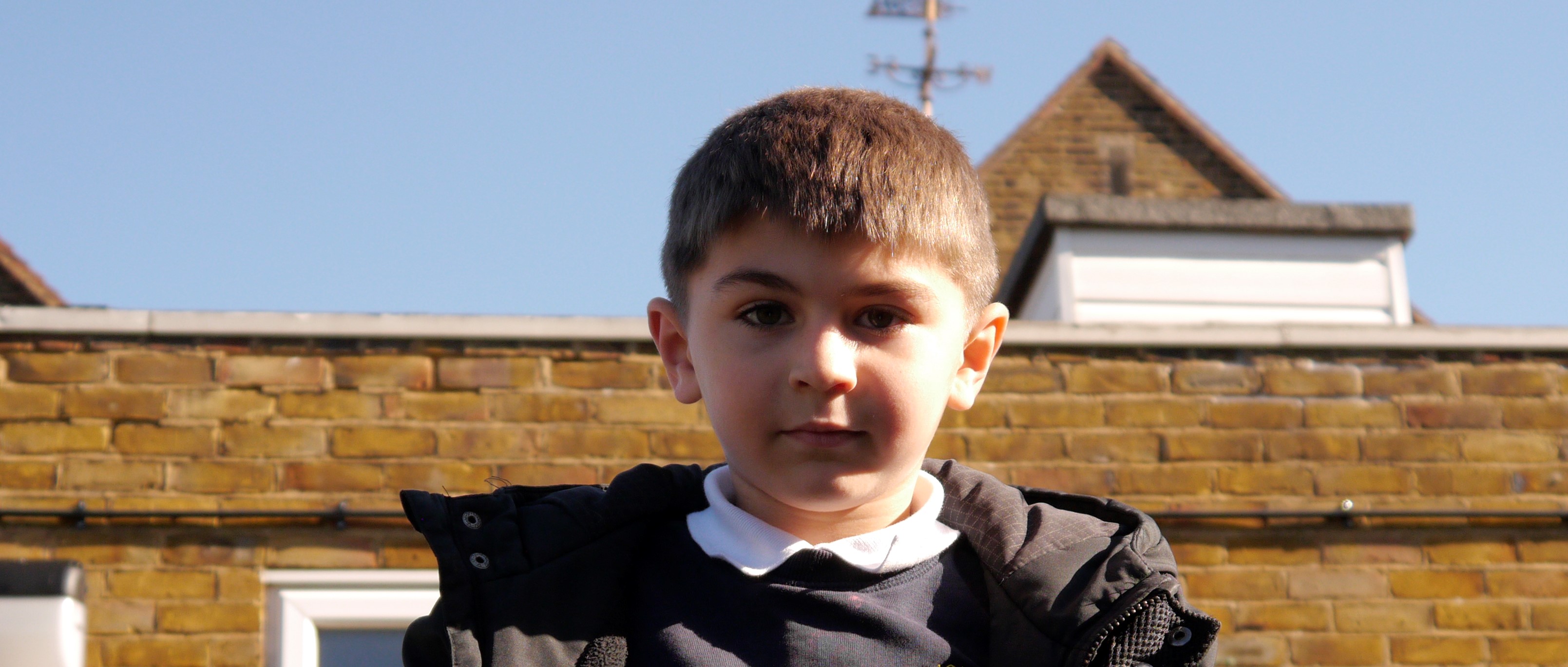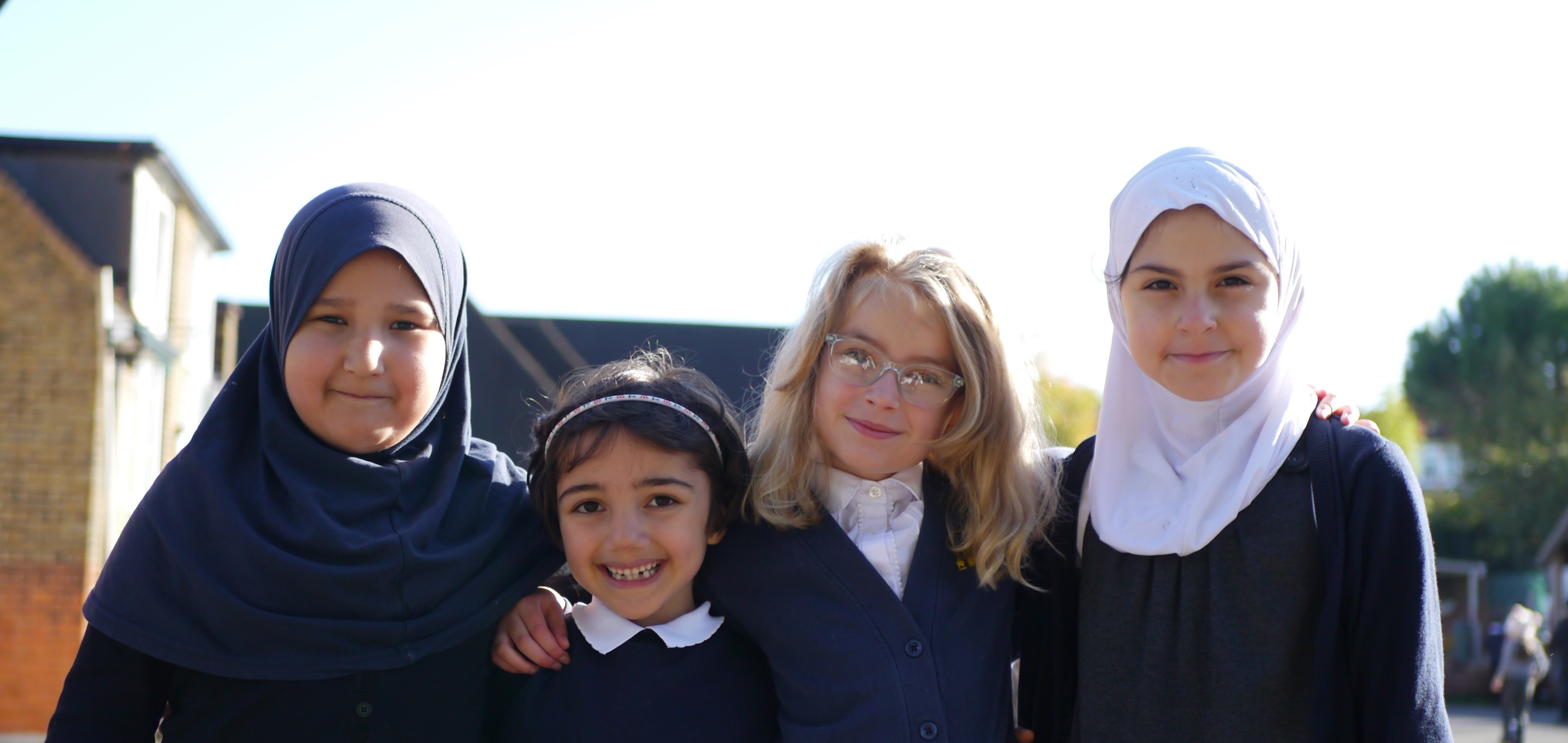Science
Intent
Our Science curriculum is designed with the aim that all children:
Develop “substantive” knowledge of science, which is knowledge of the products of science, such as laws and theories that form the foundation of the science curriculum.
• Develop ‘disciplinary knowledge’, which is knowledge of the specific practices of science such as fair testing, predicting and presentation of results.
• Learn a wide range of scientific methods of investigating and recording information, being taught explicitly how to use various measuring instruments.
• Can apply their “substantive knowledge” of scientific laws to their “disciplinary knowledge”, using physical evidence to back up their theory.
• Access a well-structured sequence of knowledge that enables them to build a deeper understanding of both knowledge types.
• Can integrate new knowledge with their prior knowledge seamlessly.
• Have access to high quality practical work that reflects the well-sequenced, progressive curriculum.
• Are able to evaluate and understand the implications of an investigation.
• Have the opportunity to watch effectively modelled teacher demonstrations in order to consolidate and deepen their understanding.
• Are exposed to an inspirational scientific figure that is relevant to each of the units that they are learning about and link their work to our school’s core values.
• Use key vocabulary accurately to demonstrate their knowledge and understanding
Implementation
Children are taught science regularly, passionately and effectively, developing both their knowledge, and their understanding of scientific enquiry skills. Our methodology has been informed by research-based evidence of best practice. Children are given opportunities to share observations, formulate questions and pose theories relating to the wide range of science topics taught within the school. An emphasis is placed on independence. Carefully chosen key questions will support children to revisit, clarify and deepen their understanding of scientific concepts.
Our teaching of science is rooted in our school’s core values: Compassion, Creativity, Commitment, Confidence, Curiosity and Courage.
Confidence is built and demonstrated by giving pupils opportunities to communicate their understanding both orally and in writing using the core vocabulary taught.
Compassion is built by exploring how scientists have made a positive difference to the world we live in, and through exploring the positive actions that they can take to make a difference.
Creativity is built by giving pupils opportunities to build their understanding and present their learning in a variety of ways. Children understand that creativity is an important part of being a scientist because it involves thinking up and trying out new ideas.
Commitment is explored through studying scientists and through developing an understanding that scientists often need to try things out many times, and explore possible solutions for problems, before ‘getting it right’.
Curiosity is explored through our key question approach. Children are encouraged to ask questions to support their understanding and to explore new ideas.
Courage is explored through the key scientists studied. Children learn that many scientists have had to be brave to share their theories and have often faced criticism or adversity.
Teachers have the flexibility to block teach Science or to teach it weekly according to their professional judgement. In KS1 the equivalent of 1 ½ hours a week is taught across each half term, and in KS2 the equivalent of 2 hours a week is taught across each half term.
Teachers follow the Long Term Science Curriculum Overview which sets out the units to be taught in each year group and the order that they are taught in
For each unit, there is a detailed Unit Plan which sets out the key expectations of what should be taught (knowledge, skills, vocabulary, key scientist) and the sequence of lessons. Teachers look at these unit plans carefully so they can see the prior knowledge the children should have as a starting point. This helps to ensure progression in knowledge and skills and supports the revisiting of prior learning.
It is an expectation that hands-on scientific enquiry is a regular part of science lessons. Teacher use demonstrations to model enquiry methods and children are supported to conduct experiments and enquiries in a scientific manner. Children are encouraged to evaluate their methods.
Learning is recorded in different ways including through photos, diagrams, models, presentations and writing. If children are not at the stage that they can show their full understanding through writing, then they are supported to demonstrate their understanding in another way e.g. through a LSA noting down what they say, or through videoing a child conducting an experiment and talking through the steps.
Children are expected to use and apply the key vocabulary for each unit precisely. New vocabulary is explicitly introduced and taught. Key vocabulary is regularly referred to throughout each lesson.
Plenaries and mini plenaries are used to draw knowledge together, revisit the learning objective and address misconceptions.
The Early Years Foundation Stage is a vital stepping stone to the KS1 curriculum. The EYFS Curriculum Map sets out a clear term by term progression in knowledge and skills for the areas of learning linked to science such as Knowledge and Understanding of the World. Children build a core knowledge and understanding of the world around them in the early years and the vocabulary to communicate their knowledge and understanding. They have plentiful opportunities to use and explore scientific equipment such as magnifying glasses, measuring jugs and materials. They are encouraged to ask questions about the world around them and share their observations with their peers and adults. Simple scientific language that they should know and use is set out in the EYFS Curriculum Map.



